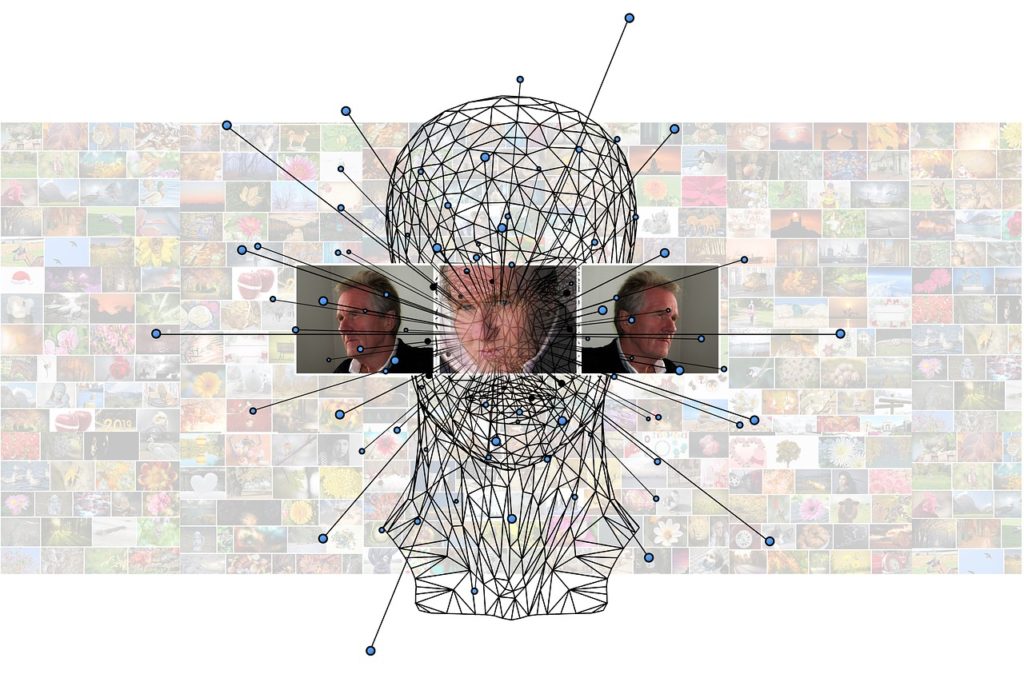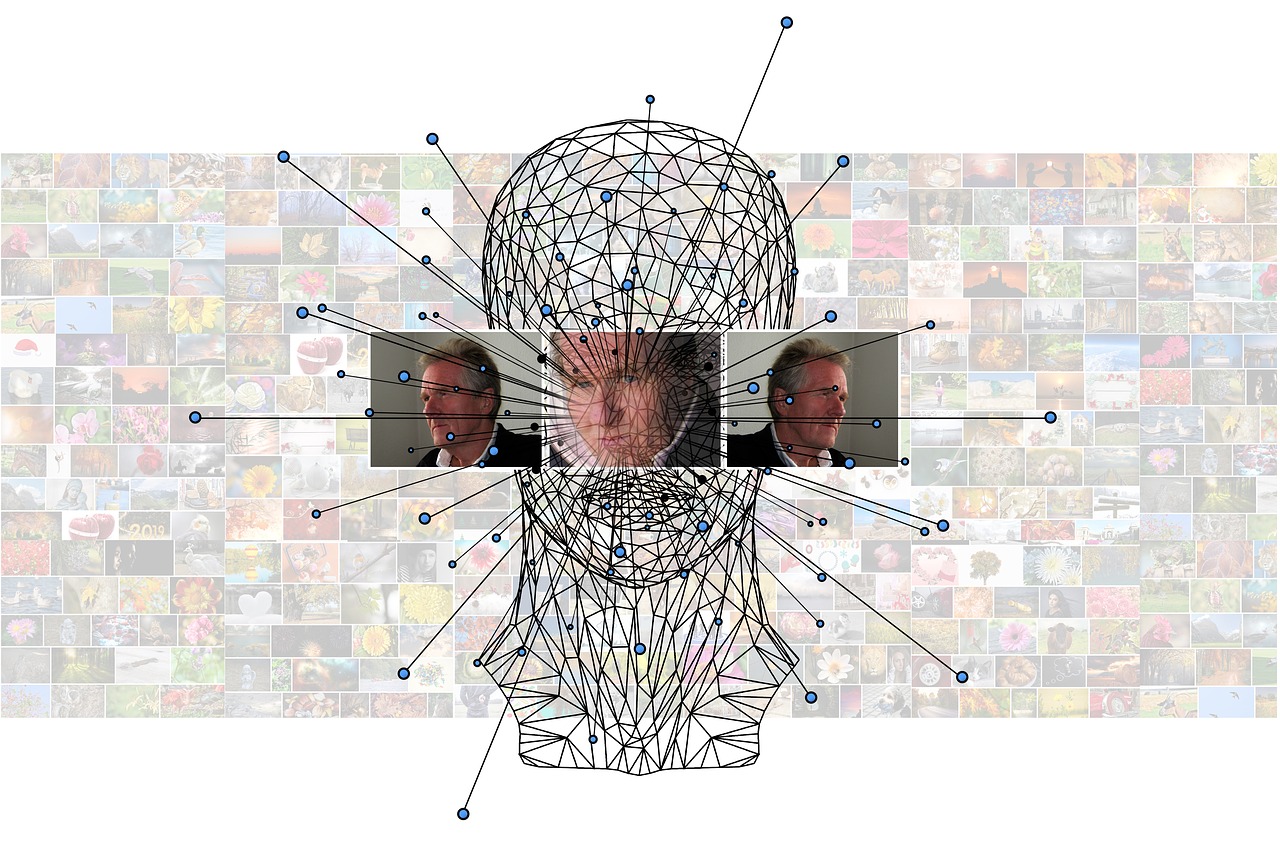
This Week’s Insights: Are algorithms leading to worse art?… The best subscription machine we had is failing… Will listener stats kill podcasts?… The Nutcracker that ate dance… How to deal with “problematic” plays.
- When Algorithms Determine Our Audience: Not for the first time have people raised concerns that algorithmic selection of content for us to see narrows our choices. Depending on the algo, of course, the behind-the-scenes selections can narrow our taste and reinforce biases. But increasingly it’s obvious that algorithmically-driven content is actually changing the kinds of content being produced. Then , the middleman – the critics and producers – are having less influence. “On the consumer side, streaming and social-media platforms have transformed the nature of music discovery, which was previously more proactive by necessity—requiring manual effort to open up a newspaper, dig through crates at a record store, or attend a live show. Nowadays, “discovery” can be as easy and passive as scrolling mindlessly through a personalized feed or shuffling an algorithmically -curated playlist in the background of a holiday party, without help from a critic or other human guide. Because of its inherently passive nature, algorithmic curation has also made one core function of criticism defunct.”
- Even The Master Of Subscriptions Is Failing: Chicago Lyric Opera used to more than sell out its entire season. And it wasn’t so many years ago, either. Today is an entirely different picture, and it’s grim. The decline in subscribers is upending the already fragile economics of opera, changing how companies operate and what they program. Lyric now gives a quarter fewer main stage opera performances than it did two decades ago — it gave 60 last season — and has started presenting a musical each spring
- Ratings Come To Podcasting: Until now, the only tools for telling how long users actually listened to the podcasts they downloaded were the proprietary ones of Apple and Spotify. So NPR developed an open-source tool to get data beyond download figures. But with the privacy scandals that have broken over the past year, some podcasters are leery. Why? Do we need to remind you of the corrosive effect content stats have had in the form of clickbait?
- When One Mega-Hit Dominates Your Art: Nutcracker towers over the dance landscape. And it is the economic engine that drives much of what happens in dance in America. “[Dance/USA] just reported on the state of The Nutcracker for the first time since 2008, and the data shows just how much the ballet’s prevalence has grown in the past 10 years — and how much companies have come to rely on it as a revenue source.”
- Audience Talkback And Dealing With Controversy: Maddie Gaw, who was part of the selection panel for the first-ever Problematic Play Festival this past fall, writes about what makes plays “problematic” (i.e., subject matter violent or controversial enough to make most theatres and funders flee) and about how the festival altered the standard post-play talkback to make it safe for audience members to process what they had seen.

Interesting article in the NYT about lost subscribers at the Chicago Lyric. Operabase published stats for opera performances per year by city. The USA only has 3 cities in the top 100. Chicago, the broad shouldered giant of the American heartland, comes in at a wimpy 80th. San Francisco is 100th. NYC is at number 12, no longer even in the top 10.
Boston, home of Harvard and MIT, comes in at 250. Houston, our 4th large city is at 135. Phoenix, our 5th largest, is at 251. Philadelphia limps along at 107. Atlanta is 222. LA, the third richest city in the world, is at 144.
So why wouldn’t the New York Times publish salient contextual information like this that says so much about American values and our extreme form of capitalism? To the more cynical (if not realistically) minded, it would appear that certain uncomfortable perspectives are tacitly forbidden. Those things mainstream journalism leaves in the realms of silence and darkness because certain toes are not to be stepped on? Or did they just not think of it…..?
And by the way, Washington is at 145, behind a bunch of European cities one has never even heard of, while ironically, Moscow is number 1. Perhaps it says a little something about the American cultural funding system, the way Americans rule the world, and the values they bring to it. Something for the NYT to write about? Guess not.
Oh, and Seattle, home of Boeing and Microsoft, is at 159. But by American standards, they can posture themselves as a great company. A bit of a fraud, but perfectly normal for American exceptionalism, and among the salient ironies the NYT leaves unmentioned in the above article. Nationalistic insularity becomes delusion.